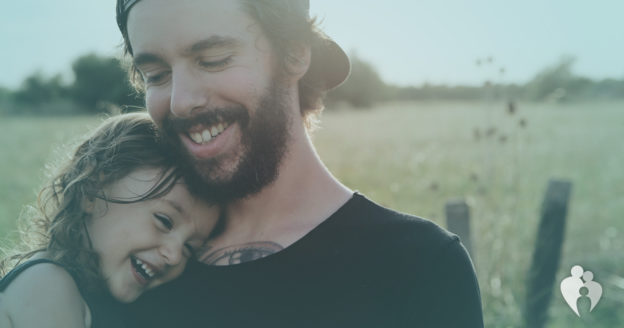A parent’s substance use disorder can have an enormous impact on children – and vice versa. Parents may let fear of how their children will take the news prevent them from seeking professional help for addictions. Knowing how to prepare your kids can help you go to rehab with peace of mind, and let you focus on recovery.
Have An Open Conversation About Addiction
Don’t hide what you’re really going through from your children. Starting an open, honest conversation about your substance use disorder can normalize important issues relating to addiction and mental health. If your children are too young to understand, give at least a basic explanation of what’s going on. Being as honest and upfront as possible about what’s going on can help prevent issues in the future. It may even help your children avoid addictions.
Hiding your addiction from your children may feel like the best way to protect them, but in reality your kids probably already know something is wrong. It can come as a relief to them to know what’s happening, and to know that you are getting professional help. Keeping them in the dark, on the other hand, could lead to problems such as your kids blaming themselves for your absence. Openly discussing addiction can help your children learn that talking about their problems is the best way to handle them.
You don’t have to go into unnecessary detail about what you’ve been going through. It can be helpful for you and your family, however, if you stick to the truth as much as possible. Explain to your kids that addiction is a condition like other diseases, and that you need professional care to treat the problem, like going to the doctor for a physical condition. Have this conversation when you have time to sit one-on-one with your children in a safe, calm environment.









 All Rights Reserved |
All Rights Reserved |